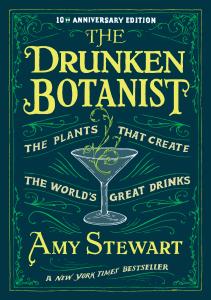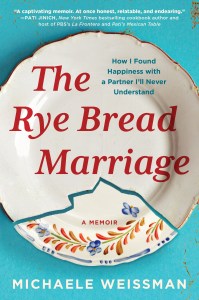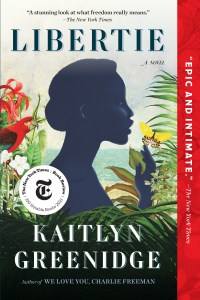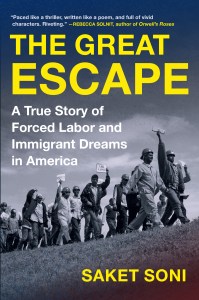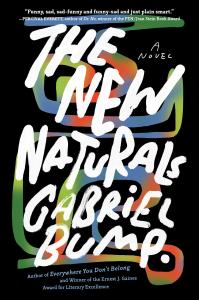Virgo Season Reads from Algonquin
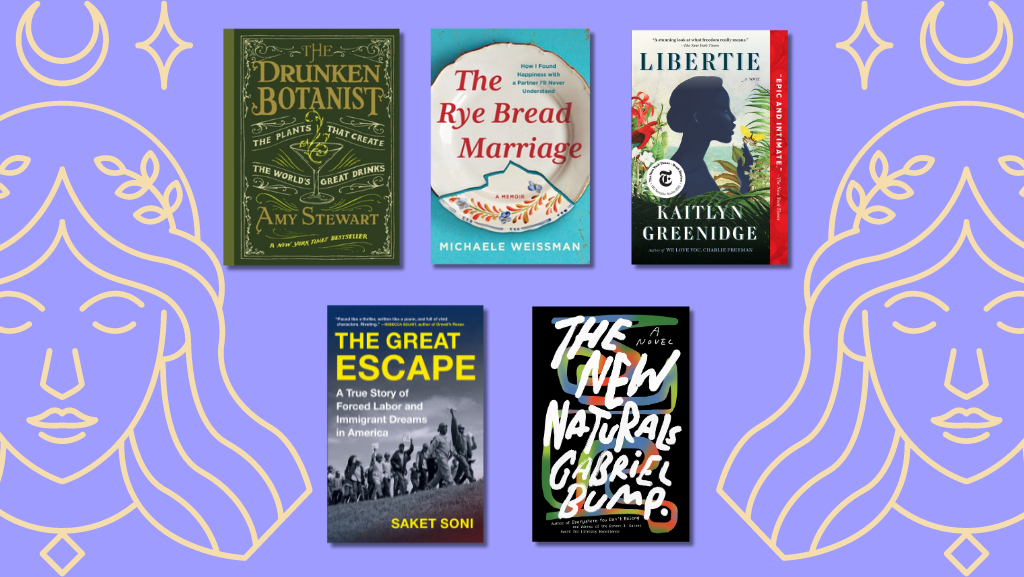
Happy Virgo Season! Virgos are known for their dedication and hard work, and these novels and nonfiction picks speak to the value of planning, in everything from marriage to growing a cocktail garden to starting a utopian society. Make like a Virgo and grab a couple of books for the summer days still ahead ♍
The New York Times-bestselling guide to botany and booze celebrates its 10th anniversary with an updated edition—now including a guide to planting your very own cocktail garden to go with more than fifty drink recipes. This fascinating, go-to text about the plants that make our drinks is the ideal gift book for every cocktail aficionado, the perfect drinks book for every plant-lover.
Sake began with a grain of rice. Scotch emerged from barley, tequila from agave, rum from sugarcane, bourbon from corn. Thirsty yet? In The Drunken Botanist, Amy Stewart explores the dizzying array of herbs, flowers, trees, fruits, and fungi that humans have, through ingenuity, inspiration, and sheer desperation, contrived to transform into alcohol over the centuries.
Of all the extraordinary and obscure plants that have been fermented and distilled, a few are dangerous, some are downright bizarre, and one is as ancient as dinosaurs—but each represents a unique cultural contribution to our global drinking traditions and our history.
This charming concoction of biology, chemistry, history, etymology, and mixology—with delightful drawings, tasty cocktail recipes, and fun factoids throughout—will make you the most popular guest at any cocktail party.
“A book that makes familiar drinks seem new again . . . Through this horticultural lens, a mixed drink becomes a cornucopia of plants.”—NPR's Morning Edition
“Amy Stewart has a way of making gardening seem exciting, even a little dangerous.” —The New York Times
When they first meet, John— a dashing European, a Latvian refugee, a physics PhD—is hoping to settle down. Michaele, a fast-talking American college student, is hungry for an independent life as a writer and historian. “I am too young, and you are too Latvian,” the twenty-year-old Michaele tells the twenty-eight-year-old John, explaining why she is ending their four-month romance.
Fifteen years later, the two are married. Their love for each other does not assuage the trauma John experienced as a child during World War II; nor does it help Michaele understand her husband’s unwavering devotion to every aspect of Latvian culture, particularly his passion for the dark, intense rye bread of his birthplace (nothing like the rye she knew growing up in her secular Jewish household).
Michaele feels like an outsider in her own relationship, unable to touch a core piece of her husband’s being. So, as John realizes his dream of opening a rye bread bakery, Michaele embarks on a fascinating journey. Delving into history and traveling across Europe with John, she excavates poignant stories of war, privation, and resilience—and realizes at last that rye bread represents everything about John’s homeland that he loved and lost. Eventually Michaele even comes to love rye bread, too.
How do the stories we live and the stories we inherit play out in our relationships? How do individuals learn to tolerate ethnic, religious, and national differences? The Rye Bread Marriage is a beautifully told, often humorous, love story about the messiness of spending a lifetime with another human being. Michaele Weissman reminds us that every relationship is a mystery—and a miracle.
A Best Book of the Year: Washington Post, TIME, Los Angeles Times, and Christian Science Monitor
“A stunning look at what freedom really means.” —The New York Times
Coming of age in a free Black community in Reconstruction-era Brooklyn, Libertie Sampson is all too aware that her mother, a physician, has a vision for their future together: Libertie is to go to medical school and practice alongside her. But Libertie is hungry for something else—is there really only one way to be independent? And she is constantly reminded that, unlike her light-skinned mother, she will not be able to pass for white. When a young man from Haiti proposes to Libertie and promises a better life on the island, she accepts, only to discover that she is still subordinate to him and all men. As she tries to parse what freedom actually means for a Black woman, Libertie struggles with where she might find it—for herself and for generations to come.
Inspired by the life of one of the first Black female doctors in the United States, critically acclaimed and Whiting Award–winning author Kaitlyn Greenidge returns with an unforgettable and immersive novel that will resonate with readers eager to understand our present through a deep, moving, and lyrical dive into our past.
Shortlisted for the 2023 Moore Prize
The astonishing story of immigrants lured to the United States from India and trapped in forced labor—an "eye-opening" "must-read" told by the visionary labor leader who engineered their escape and set them on a path to citizenship (The New York Times Book Review).
In late 2006, Saket Soni, a twenty-eight-year-old Indian-born community organizer, received an anonymous phone call from an Indian migrant worker in Mississippi. He was one of five hundred men trapped in squalid Gulf Coast “man camps,” surrounded by barbed wire, watched by guards, crammed into cold trailers with putrid toilets, forced to eat moldy bread and frozen rice. Recruiters had promised them good jobs and green cards. The men had scraped up $20,000 each for this “opportunity” to rebuild hurricane-wrecked oil rigs, leaving their families in impossible debt. During a series of clandestine meetings, Soni and the workers devised a bold plan. In The Great Escape, Soni traces the workers’ extraordinary escape, their march on foot to Washington, DC, and their twenty-three-day hunger strike to bring attention to their cause. Along the way, ICE agents try to deport the men, company officials work to discredit them, and politicians avert their eyes. But none of this shakes the workers’ determination to win their dignity and keep their promises to their families.
Weaving a deeply personal journey with a riveting tale of twenty-first-century forced labor, Soni takes us into the lives of the immigrant workers the United States increasingly relies on to rebuild after climate disasters. The Great Escape is the gripping story of one of the largest human trafficking cases in modern American history—and the workers’ heroic journey for justice.
An abandoned restaurant on a hill off the highway in Western Massachusetts doesn’t look like much. But to Rio, a young Black woman bereft after the loss of her newborn child, this hill becomes more than a safe haven—it becomes a place to start over. She convinces her husband to help her construct a society underground, somewhere everyone can feel safe, loved, and accepted.
Soon their utopia begins to take shape and attracts the unhoused, the disillusioned, and the spiritually lost. But no matter how much these people all yearn for a sanctuary from the existential dread of life above the surface, what happens if this new society can’t actually work?
From an exciting new literary voice, The New Naturals is fresh and deeply perceptive, capturing the absurdity of life in the 21st century. In this remarkable feat of imagination, Bump shows us that, ultimately, it is our love for and connection to each other that will save us.
**A 2023 NEW YORK TIMES and WASHINGTON POST Notable Book and a BOSTON GLOBE Best Book of the Year**
